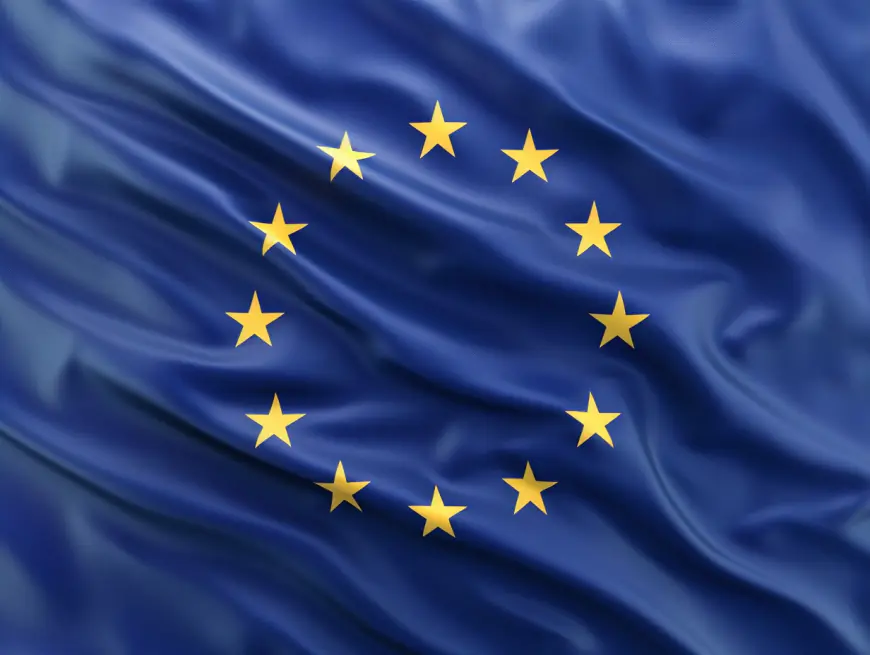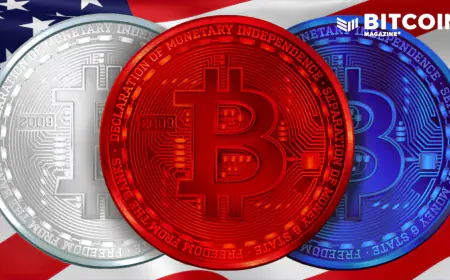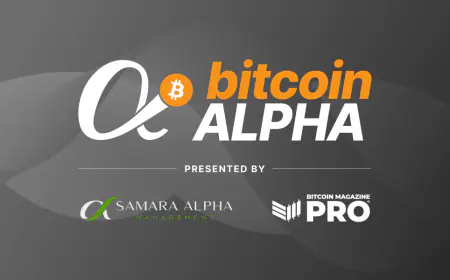EU’s MiCA legislation could bolster Euro-backed stablecoins adoption
The European Union (EU) stablecoin market is set for a massive boost with the Markets in Crypto Assets (MiCA) regulation going into effect by the end of June. According to a new report from Kaiko Research, the soon-to-be-launched MiCA guideline will provide regulatory clarity to stablecoins and consequently boost their adoptions in the European Union. […]

The European Union (EU) stablecoin market is set for a massive boost with the Markets in Crypto Assets (MiCA) regulation going into effect by the end of June. According to a new report from Kaiko Research, the soon-to-be-launched MiCA guideline will provide regulatory clarity to stablecoins and consequently boost their adoptions in the European Union.
Also read: Crypto executive warns MiCA regulation will stifle EU crypto companies competitiveness
Per the report, several exchanges, such as Binance, Kraken, etc., are reviewing their stablecoin offerings to comply with the MiCA regulation. This review may lead to the potential delisting of some stablecoins that do not meet the MiCA standards. However, it could also allow Euro-pegged stablecoins to thrive.
Euro stablecoins on the rise
The arrival of MiCA could finally allow Euro-pegged to see significant growth. These coins have also seen a noticeable increase in market cap for Euro stablecoins. Since the beginning of the year, top Euro-pegged stablecoins have consistently seen a combined $40 million weekly volume. These include assets like Tether’s EURT, Stasis’ EURS, Société Générale’s EURCV, Anchored’s AEUR, and Circle’s EURCV. AEUR launched on Binance last year and accounts for over 50% of the volume.

With their sustained volume since March, the Euro-backed stablecoins now have around 1.1% of all transactions share of crypto trading in Euro. This is far below the 98.9% of the transactions being with fiat. Still, it is an improvement compared to 2020, when the Euro-pegged stablecoins had no share.
Meanwhile, the introduction of MiCA might not benefit all stablecoins equally. The largest stablecoin by market cap, Tether USDT, could face headwinds when the regulation becomes effective. Although it accounts for most of the trading volume, at least one major exchange, Kraken, is reportedly reviewing whether to keep the stablecoin.
Global stablecoin market at an all-time high
USD-pegged stablecoins remain the dominant force in the market. According to available data, they had an average trading volume of $270 billion in 2024, accounting for most of the global stablecoin market cap, which is approximately $162 billion.
Also read: UAE Central Bank approves issuance of stablecoin regulation
The dominance of USD-backed stablecoins is even more evident in USD crypto transactions. Stablecoins command 90% of the transaction, with fiat only having 10%. This is not completely surprising, given how Europe lags behind the US and Asia/Pacific region in crypto trading.

However, the recent growth of Euro stablecoin aligns with the general development of the global stablecoin market. The growth of the stablecoin market often suggests the entrance of new and returning capital to the crypto industry. There has been increased interest in crypto as an investment class with the approval of spot crypto exchange-traded funds (ETFs) in the US.
Interestingly, current economic conditions are also driving institutional investors to crypto. High interest rates, concerns about inflation and recession, and geopolitical conflicts have made institutions seek crypto exposure to diversify their portfolios. Stablecoins offer an on-ramp for these investors.
What's Your Reaction?









































































































